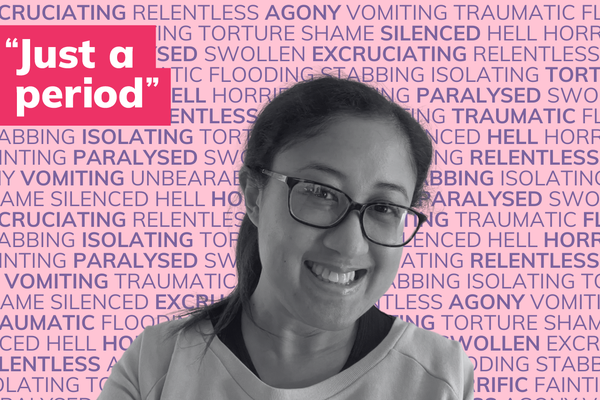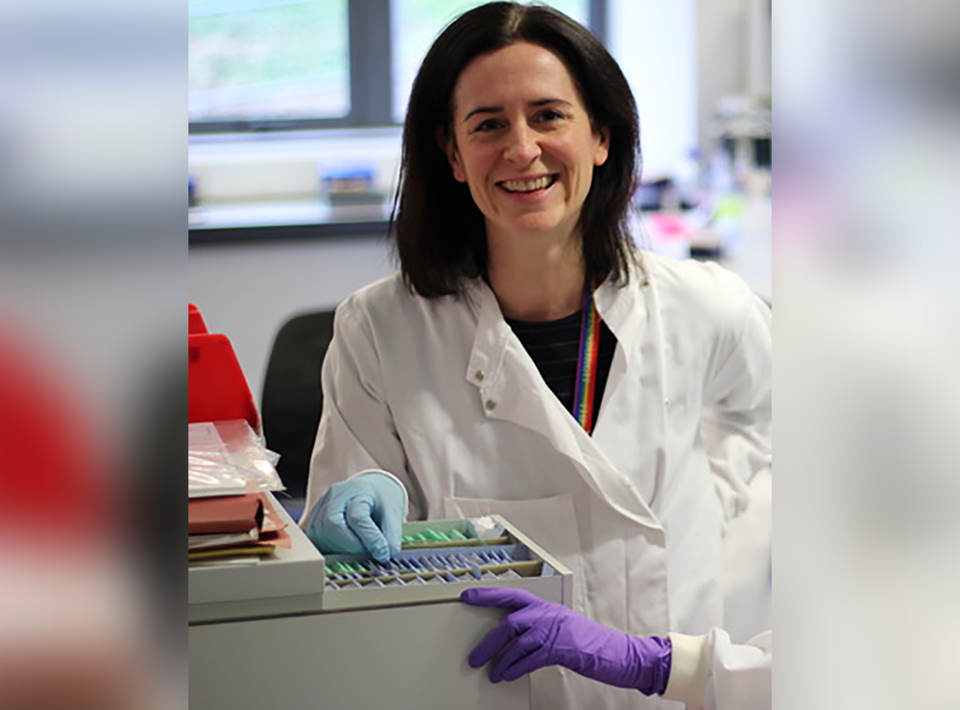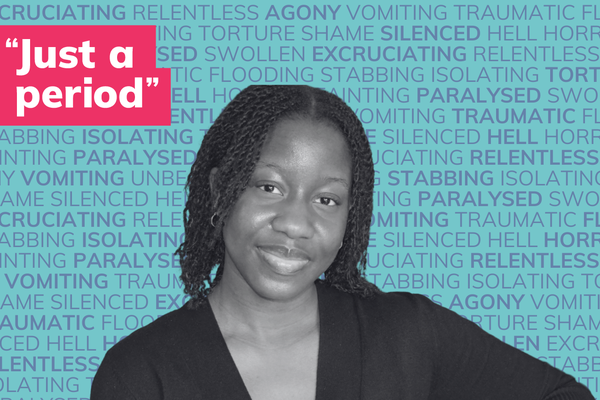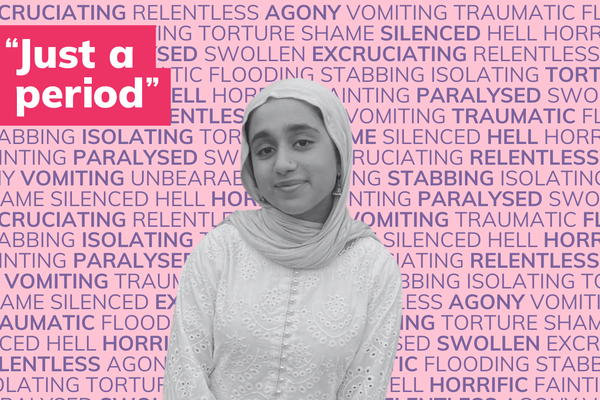
Laura’s story: “I repeatedly asked my employer to change their absence policy”
Laura spent years suffering from heavy and painful periods, which affected her life. Then she was forced to leave a job she loved because of her menstrual health. Now, Laura is speaking out, because she believes workplaces should be more open and respectful of women’s health.



